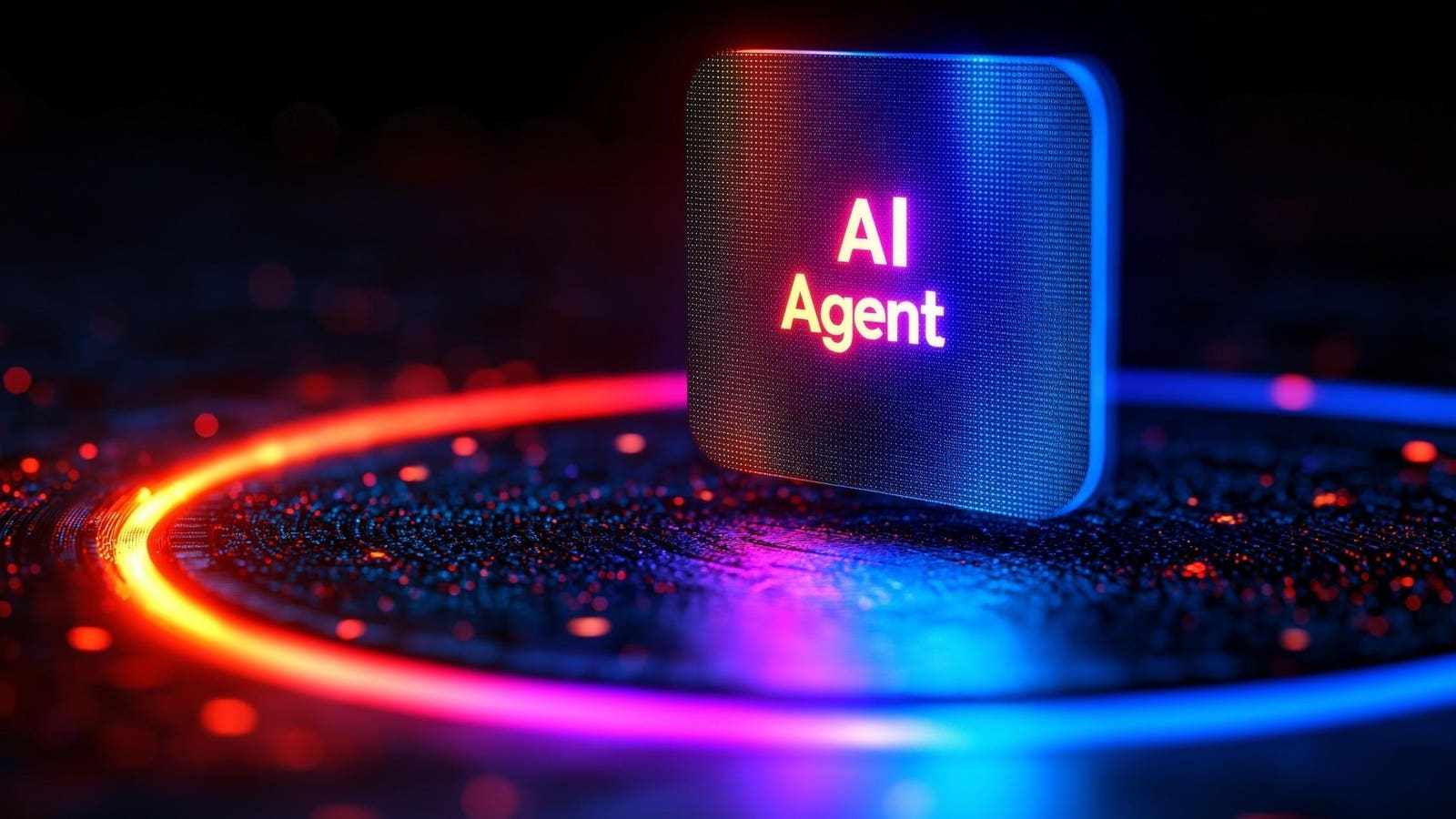Amazon’s new agentic AI system, “Nova Act,” is set to transform how we interact with technology in … More
The next wave of AI transformation will be driven by agents. Rather than simply asking questions or following prompts, these AI tools will carry out complex tasks and act with far more autonomy.
This will change a lot of things as we become able to delegate more and more tasks to machines. By connecting with external applications, agents can take care of shopping, scheduling, managing travel, and many of our day-to-day interactions with digital services.
Amazon has long been on a mission to bring AI into the home, and the sound of Alexa’s voice is familiar around the world (even if it has been reported that she’s mostly used as a very overpowered timer.)
With homes increasingly filled with smart gadgets, agentic AI clearly has the potential to further streamline the way we engage with technology in our homes. However, Amazon’s plans are likely to go further. Here’s what we know about them so far and a look at what it could mean for smart homes of the future.
What Is Nova Act?
Amazon recently became the latest of the AI giants to unveil their own agentic AI model, called Nova Act. Similar to ChatGPT Operator, it can take control of a web browser and use it to do many of the same things we can do.
When you think of how many day-to-day activities we use apps on our phones for, it becomes clear how big the impact of this on our lives could be.
According to Amazon, Nova Act is capable of booking trips, completing online purchases and managing calendars and to-do lists.
One difference between Nova Act and competing agentic platforms like Operator is that the technology will be built into an upcoming upgrade to Alexa. This could potentially be amazing, with home AI assistants becoming much more useful.
Of course, there would be some fairly sturdy privacy guardrails in place for technology like this that could potentially gather very intimate details of our day-to-day lives.
According to this TechCrunch report, Nova Act outperforms competitors, including tools from OpenAI and Anthropic, at some of the key tests used to rate agentic AI performance.
Agentic AI Assistants
Rival agentic services like Operator and Manus may be available (like Nova Act, they are research previews) but don’t have this same potential backdoor into millions of homes.
Popular voice assistants brought mainstream adoption for voice-activated computing, but they have been slow to integrate LLM technology of the type used by ChatGPT.
After chatting to a voice LLM chatbot like ChatGPT, going back to trying to have a conversational user experience with Alexa (or Siri, or whoever) is frustrating. They’re clearly far less good at holding a conversation or understanding nuanced commands.
What they are good at, though, is working with an ecosystem of connected apps and services. By jumping to agentic, Amazon can make home assistants that are capable and conversational like ChatGPT but also have a framework for communicating and controlling external services, as Alexa and Siri can.
We’ve recently seen Apple integrate its Apple Intelligence platform into Siri in the hope it will lead to an “iPhone moment” for genAI-equipped handsets.
Google is taking a slightly different approach, with its Gemini chatbot acting as a standalone voice AI rather than attempting to integrate with the existing Google Assistant. For the moment, at least.
So it’s clear that the big AI companies all think the time is right for us to start welcoming the next generation of agentic smart technology into our homes. But would that actually be a smart idea?
The Pitfalls Of Agentic AI In The Home
Agentic AI has the potential to be hugely transformational. And so there are some pretty big concerns that need to be addressed before we can be confident that society has an informed view of the risks and challenges.
These include cybersecurity concerns. Whenever we integrate new technology, particularly into our homes, we need to be sure we aren’t creating new vulnerabilities that can be targeted.
Then there’s the glaring issue of privacy. Concerns have long existed about how securely smart speakers protect the personal conversations they hear. With autonomous, always-active agents, the risk of privacy invasion becomes even greater.
More generally, some people are concerned that becoming too reliant on AI for menial and routine tasks could lead to us becoming over-reliant and helpless, perhaps even to the detriment of human problem-solving or decision-making ability.
We should also consider the potential ramifications of AI hallucinations. No one is really sure how the LLM chatbot’s propensity to simply make things up will transfer and scale to an agentic, action-based system, but it’s not difficult to predict that things could get messy.
At the end of the day, though, I think it’s inevitable that agentic AI will play an increasingly major role in our lives, including in the home. Amazon has as good a shot at making it happen as anyone, thanks to the market penetration of Echo and Alexa.
But one thing that’s certain is that with AI, everything is still to play for. In the near future, many more services and devices will offer agentic AI in the home as we start to get a better understanding of what it can do and how it can help us.







